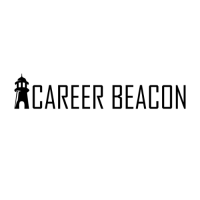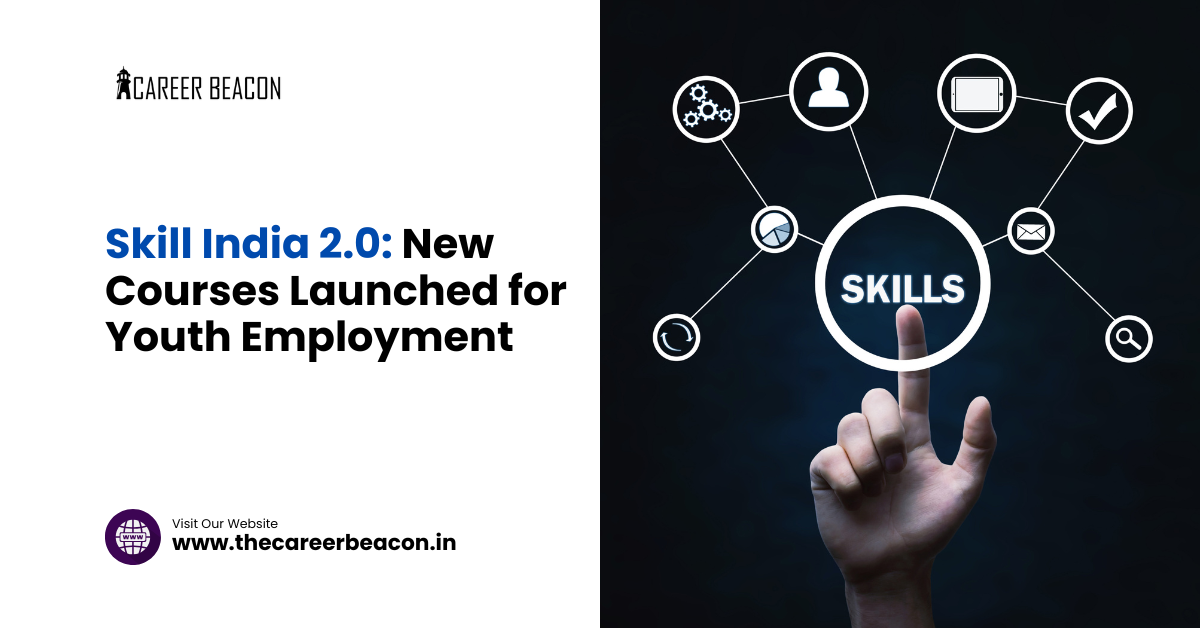Skill-Based Hiring Surges in 2025 - Thecareerbeacon

Strong 8k brings an ultra-HD IPTV experience to your living room and your pocket.
So, 2025 hiring? It’s a whole new game. Nobody cares if you’ve got a fancy degree or some snazzy job title anymore. Seriously, employers just wanna know: what can you actually do? Not what you say you can do—what you’ve proved you can pull off.
If you’re just out to school, thinking about jumping careers, or dusting off your work shoes after a break, yeah, it’s time to shake up the way you show off to recruiters. Forget the boring list of qualifications. Show them the goods.
What Is Skill-Based Hiring?
During the skill-based hiring process, employers give more weight to your practical skills than to your years of experience or credentials. Employers are asking, “Can you solve this problem?” or “Do you have this specific skill?” rather than, “Where did you study?”
Instead of using traditional credentials, technology, design, marketing, and even human resources (HR) positions are now filled in India and throughout the world using proven abilities like coding, writing, data analysis, and project management.
Why Skill-Based Hiring Is Growing in 2025
1. Changing Roles in the Workplace
Technology is developing quickly. Every month, new platforms and tools are released. Businesses are looking for individuals who can work directly with modern technologies and quickly adapt.
People can now acquire advanced skills without a degree thanks to the growth of online learning platforms like Coursera, Udemy, and others. These alternate learning pathways are now acknowledged by employers.
2. Demand for Outcome-Oriented Talent
Not just those with fancy resumes, but also those who can produce results right away are highly valued by startups and mid-size businesses.
3. Working from Home and Freelance Work
More businesses are employing remote workers and freelancers based on test assignments and portfolios rather than just resumes.
How to Make Your Resume Skill-First
Create a Skills Section at the Top
Highlight tools, software, and core skills you’re confident in—like “Python,” “Figma,” “Excel modeling,” or “SEO strategy.”
Show, Don’t Just Tell
Use bullet points under each job or internship to explain what you did and the results you achieved. Example:
“Redesigned company website using Figma, improving mobile speed by 40%.”
Include Certifications and Projects
Add online course completions, personal projects, hackathons, and freelance work. Even side gigs count if they prove your skill.
Tailor Your Resume to Each Job
Match your skills with the keywords in the job description. Many companies now use applicant tracking systems (ATS), and keywords matter.
Industries Driving the Shift
Tech: AI, UI/UX, cybersecurity, and programming
Marketing: social media tools, content creation, and SEO
Finance: Excel, financial modeling, and data analysis
Operations: CRMs, Asana, Trello, and other project management tools
What This Means for Job Seekers in 2025
This hiring evolution is both a challenge and an opportunity. On one hand, it’s no longer enough to rely on a degree or your last job title. On the other hand, it levels the playing field—anyone with the right skills and drive can break into the industry.
That means students, self-taught coders, designers from non-traditional backgrounds, and professionals returning after a career break all have a shot—if they can prove their skills.
So don’t just build a resume—build proof:
Contribute to open-source projects
Publish your writing, designs, or apps online
Create a personal website or digital portfolio
Take skill assessments (like LinkedIn or HackerRank tests)
Engage in real freelance gigs or case competitions
Even if you don’t have formal experience, showing recruiters that you’ve applied your skills in real scenarios will set you apart.
Resumes Are Changing. Are You?
In 2025, your resume should be a reflection of what you can actually do—not just what you claim. Use action verbs. Show metrics. Display results.
Instead of:
“Worked on SEO strategy.”
Say:
“Improved blog traffic by 60% through targeted SEO updates over 3 months.”
These kinds of statements stand out in a skill-based hiring environment.
Also, keep your LinkedIn profile aligned with your resume. Add project links, skills, and endorsements. Most recruiters will search for you online before they call you.
Final Thoughts: Skill Is the New Currency
As we move further into 2025, skill is becoming the new professional currency. Companies are hiring problem solvers, creators, builders—people who can do. That’s why upskilling, practicing, and showcasing your work is more important than ever.
Whether you're 22 or 42, it’s not too late to shift from credentials to capabilities.
So, update that resume. Revamp your portfolio. Get that certification. And most importantly, keep learning.
Because in this new hiring game, your skills are your superpower.
Note: IndiBlogHub features both user-submitted and editorial content. We do not verify third-party contributions. Read our Disclaimer and Privacy Policyfor details.





